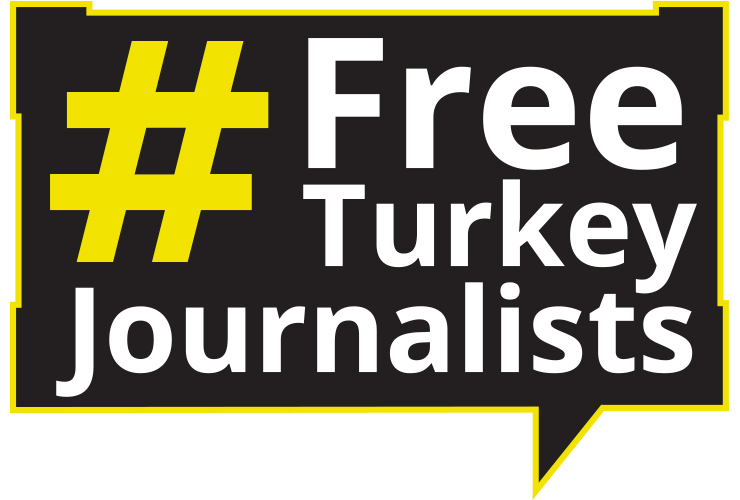The International Press Institute (IPI) yesterday unveiled a new website to serve as a resource for information on the more-than-150 journalists and media workers currently behind bars in Turkey.
The website, freeturkeyjournalists.com, is part of an effort to promote and defend free expression in Turkey by calling for every journalist behind bars to receive due process and for the release of anyone detained for practicing journalism.
In addition to providing background resources and news on recent developments, the website includes individual entries for each journalist currently behind bars. Using publicly available information, it will allow IPI to present a profile of imprisoned journalists, including names and photos, a description of the case, and prison and trial information.
IPI Executive Director Barbara Trionfi unveiled the website during her opening remarks at an IPI-hosted panel discussion and solidarity event “Turkey’s Media Under Siege” at Vienna’s Presseclub Concordia, which brought together leading journalists from Turkey to examine the country’s ongoing crackdown on independent media and how to work to protect fundamental human rights.
She said the website, part of IPI’s broader #FreeTurkeyJournalists campaign, was intended to help illustrate the scope of the crackdown and its impact by showing that journalists imprisoned in Turkey “are not just a number, but real and tragic individual stories”.
The website currently includes entries for 153 journalists and media workers held in Turkey. IPI is working to add more information, including specific charges, case background and status, and information on upcoming court hearings. The website also includes a broader description of the media freedom atmosphere in Turkey as well as links to other resources.
IPI Director of Advocacy and Communications Steven M. Ellis, noting the challenge involved in gathering information on so many individuals, described the website as an ongoing work in progress.
“Not only is the number of those arrested staggering, but many cases are shrouded in secrecy or involve murky circumstances or unsupported allegations,” he said. “While most of those behind bars are accused of supporting terrorism, the government has released little or no evidence to support those claims and far too many journalists continue to languish in prison without a firm idea of the charges they face or any real hope of justice.”
Ellis said that IPI hoped to gather enough information in concert with others “not only to allow this site to inform the public about the targets of Turkey’s crackdown and the real toll it is taking on human lives, but to show how absurd the crackdown is and how people can support the journalists and others it has cruelly targeted”.
Turkey’s government initiated the crackdown in the wake of a failed July 15, 2016 coup attempt. Hundreds of thousands of people in Turkey have been dismissed from their jobs or detained without due process under wide-ranging powers granted by a state of emergency that the government continues to extend.
The ongoing crackdown on media became even more troubling after President Recep Tayyip Erdoğan approved plans for an April referendum on proposed constitutional changes that would vastly expand his power. Observers have claimed that media outlets under the control of the government or its supporters have suppressed any viewpoints or discussion in opposition to the changes.
